The Weight of Words
A Heart-Touching Romantic Story in English
The theater was silent. Not from lack of audience, but because everyone was holding their breath.
The final line of the play had just been spoken — whispered, actually — and the actress stood alone in a dim spotlight as the curtain fell slowly. Then came the applause. Hesitant at first, unsure. Then loud. Then thunderous.
In the back row, Aarav sat still, hands trembling in his lap.
He wasn’t clapping.
He was remembering.
The play they had just witnessed wasn’t just fiction. It was his truth — hidden behind characters and metaphors, but bare and vulnerable for those who could see through the lines.
And she had always seen through him.
Aarav Mehra had never wanted to be famous.
He only ever wanted to be heard.
Words were the only thing that had made sense to him since childhood — when his father left, when his mother cried quietly into her pillow, when silence filled their tiny Delhi apartment more often than laughter. He had found poetry in the pain. Plays in the pauses.
By twenty-five, Aarav was known as the “quiet playwright with loud scripts.” He didn’t give interviews. He didn’t attend parties. He poured his soul into ink and let the stage do the talking.
But none of his works were as personal — or as dangerous — as this one.
“The Weight of Words” was the title.
And its inspiration?
Her.
Her name was Meera.
She was a literature student when they met — bold, curious, brilliant.
He was a guest speaker at her college. She had raised her hand after his lecture and challenged him on a metaphor he’d used. He didn’t remember the metaphor. But he remembered her voice.
They met again outside the auditorium.
She offered him tea.
He offered her silence.
They sat anyway — across from each other at a roadside tapri, sipping masala chai under yellow lights, the world blurring around them.
“You write like you’re hiding,” she said suddenly.
Aarav blinked. “And you read like you’re searching.”
That was the beginning.
Of what, he wasn’t sure.
But it grew.
Emails. Long walks. Scribbled letters. Shared books. She laughed easily. He listened deeply. For the first time, his words didn’t feel like shields. With her, they were invitations.
They spent two years in love.
Until his truth broke them.
Aarav had always written from a place of hurt — his father’s abandonment, his battle with identity, the cultural expectations he never fit into. But with Meera, he started writing from a place of healing.
And that scared him.
He feared that if he lost his pain, he’d lose his art.
So he pushed her away.
He accused her of not understanding his world.
He said cruel things.
He left.
Meera didn’t chase him.
But she sent one letter. The last one.
“Maybe one day, you’ll understand that love isn’t the opposite of pain. It’s what makes pain worth surviving.”
He never replied.
But he kept the letter in his drawer, folded like regret.
Years passed.
Aarav wrote more plays.
Some successful. Some not.
But nothing he wrote satisfied him.
Until one night, he found himself reading Meera’s old letter again. Her words — unflinching, raw, and full of love — felt like a lifeline thrown across time.
And suddenly, he started writing again.
Not about war. Or politics. Or history.
But about them.
About what happens when you leave the person who believes in you the most.
About how words can heal, but also destroy.
And about how silence isn’t always strength.
He called it The Weight of Words.
And when rehearsals began, he didn’t attend.
He wasn’t sure he could handle watching it unfold.
Until opening night.
Until someone told him that Meera had been spotted at the theater lobby.
He hadn’t seen her in six years.
But when the lights dimmed and the curtains opened, he saw her in every line.
In the actress’s strength.
In the softness of the final monologue.
In the silence after.
As the audience stood in ovation, Aarav remained seated.
He didn’t know if he had done the right thing.
He didn’t know if she hated him.
But as people poured out into the foyer, he saw her.
Standing by the exit.
Holding a program in her hand.
Her eyes met his.
And then she walked toward him.
“Is it really about us?” she asked, voice even.
He couldn’t lie.
“Yes.”
“Why now?”
“Because I finally understood what you meant.”
She didn’t speak for a moment. Then:
“It hurt to watch.”
“I know.”
“But it was beautiful.”
“I hoped it would be.”
She looked down at the program.
Then up at him.
“You never replied to my letter.”
“I read it a thousand times.”
“That’s not the same.”
“I was a coward.”
She nodded. “You still are?”
He swallowed. “I’m trying not to be.”
And then — she reached for his hand.
“I never stopped reading you.”
He squeezed her fingers.
“I never stopped writing you.”
Outside, people debated the script. Some called it brave. Others, dangerous. A few criticized the ending — too soft, they said. Too romantic for a story about betrayal.
But inside, Aarav and Meera stood together.
Two people who had once broken each other.
Now standing in the wreckage, not to blame — but to rebuild.
And perhaps that was the true weight of words.
Not in how loudly they echo.
But in how quietly they heal.
The End

















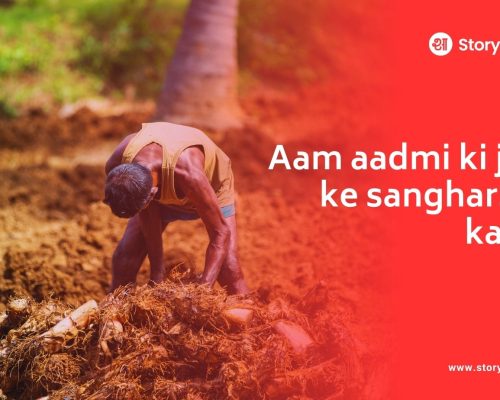
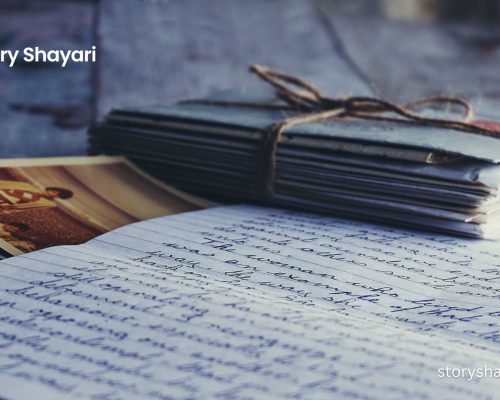





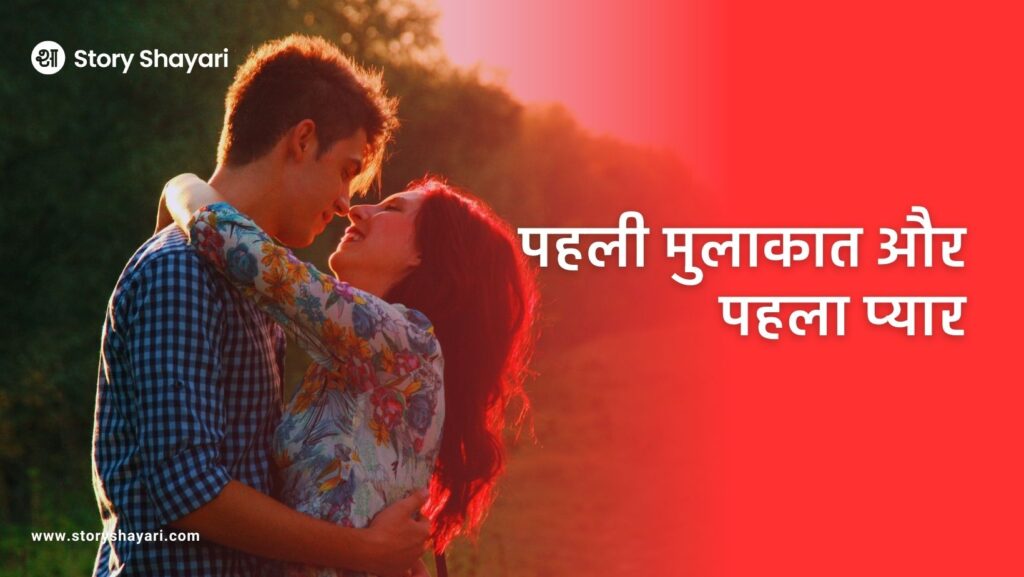

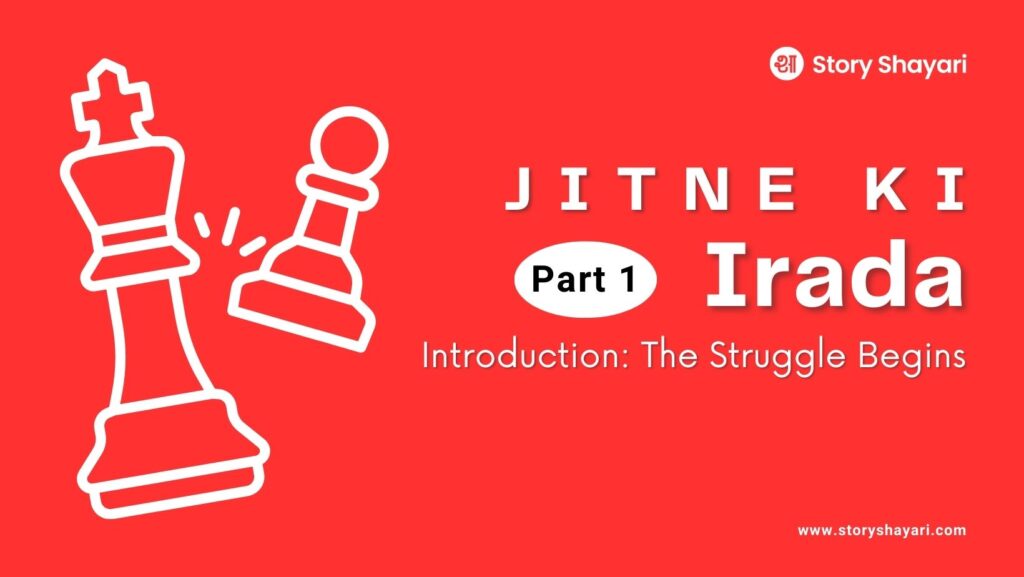
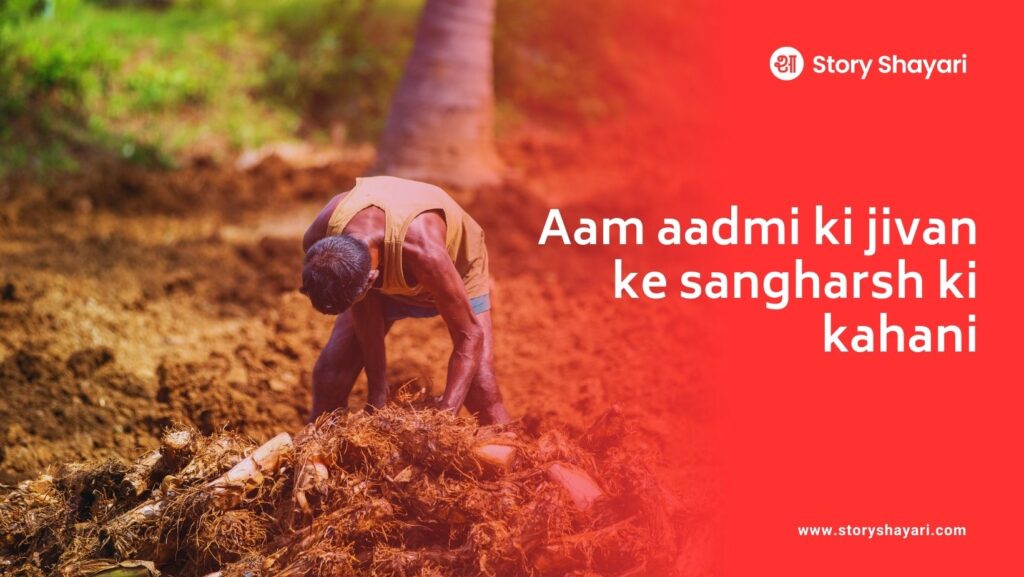





1 Comment
Your comment is awaiting moderation.
this is an interesting article, i enjoy reading it, keep up the good work, do you post often, i want to start following you. my site is https://webdesignfreelancermunchen.de/ it is the top webdesign freelancer platform in Germany.
Your comment is awaiting moderation.
this is an interesting article, i enjoy reading it, keep up the good work, do you post often, i want to start following you. my site is https://webdesignfreelancermunchen.de/ it is the top webdesign freelancer platform in Germany.
Your comment is awaiting moderation.
i enjoy reading this great article, i have shared it many times on my website and started following you, Do you post more often ?? i am the owner of https://webdesignagenturbayreuth.de/ a webdesign agency in bayreuth Germany, webdesign agentur bayreuth, you can link up if you are interested. Thank you
Your comment is awaiting moderation.
I am not very superb with English but I line up this very easygoing to read .
https://www.zoritolerimol.com
Your comment is awaiting moderation.
Some truly great posts on this internet site, regards for contribution. “Gratitude is not only the greatest of virtues, but the parent of all others.” by Cicero.
https://www.zabornatorilon.com/
Your comment is awaiting moderation.
I have recently started a website, the information you provide on this site has helped me greatly. Thank you for all of your time & work.
https://joseone.com/
Your comment is awaiting moderation.
very nice publish, i definitely love this website, carry on it
https://www.fdertolmrtokev.com
Your comment is awaiting moderation.
Great amazing issues here. I am very happy to see your article. Thank you so much and i am having a look ahead to contact you. Will you please drop me a mail?
https://marianmoreno.com/
Your comment is awaiting moderation.
Thanks for the sensible critique. Me and my neighbor were just preparing to do some research about this. We got a grab a book from our area library but I think I learned more clear from this post. I’m very glad to see such magnificent info being shared freely out there.
https://youtu.be/lETamExrW84
Your blog is a true hidden gem on the internet. Your thoughtful analysis and engaging writing style set you apart from the crowd. Keep up the excellent work!